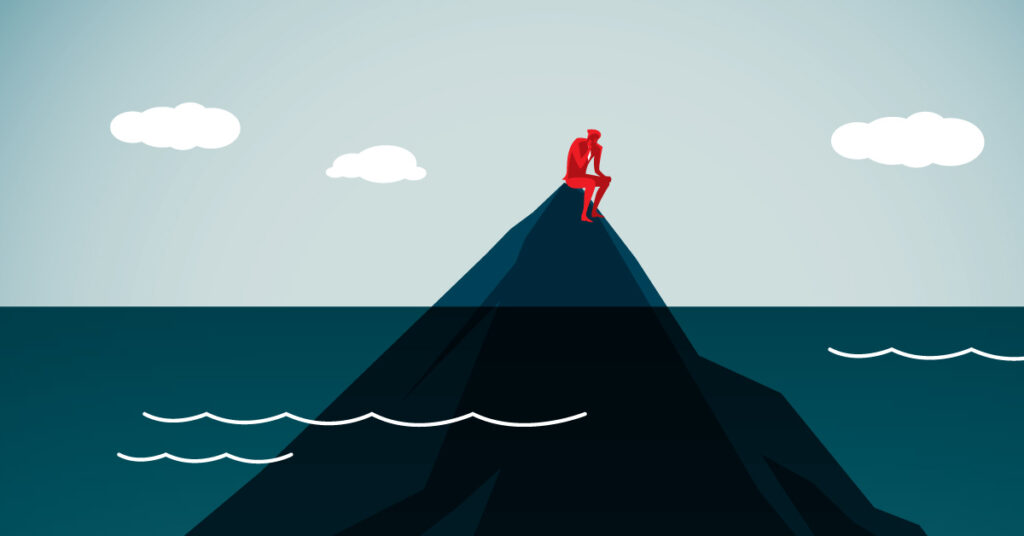Depression can feel like:
Heavy fatigue, numbness, or hopelessness
Loss of interest in things you once enjoyed
Not just sadness—it affects thoughts, body, and function
Analogies can help others grasp the experience
Using Descriptive Language to Communicate Depression Feelings
Communicating depression feelings can be an important tool, not just for giving other people an understanding of the struggle but also for self-reflection. Exploring and expressing your own experiences and working out how to explain what depression feels like is an important part of the journey toward better mental health. A specific exercise called expressive writing can be a helpful therapeutic tool in this vein. This is a starting point — writing when you can, for your own eyes only, without worrying about grammar or spelling. It’s a way of putting into words for yourself how your depression manifests, how it affects you and how you’re trying to cope with it. One common tool of expressive writing is assigning a description to your depression:- Does it have a shape, like a black dog or a cloud?
- Does it have a size or a smell?
- Does it “speak,” and if so, what does it tell you?
Expressing the Emotional Landscape of Depression
The emotional landscape of depression varies depending on who’s suffering from it, but there are a lot of common symptoms that might be shared between experiences. Exploring what depression feels like for you can help you spot these commonalities in others and feel less isolated. Some of these common features of the depression landscape might include:- Overwhelming negative emotions and/or seeming numbness to positive emotions
- Feelings of aching, heaviness and lethargy
- Feelings of detachment from the world, yourself or both
- Loss of hope or sense of purpose
- Mismatch between your past and present selves
- Feelings of being trapped or imprisoned
- Intrusive thoughts
- Inability to picture a future and/or a sense of stagnation in the present
- Inability to take pleasure in things you once enjoyed
- Feelings of loneliness or estrangement
Personal Accounts: What Depression Is Like From Different Perspectives
Recent years have seen a rise in personal accounts of depression that provided windows on the various forms this disorder can take. These accounts have not only contributed to public understanding but also provided perspective and a sense of connection and recognition for fellow sufferers of depression. Some of the most influential accounts include:- A virtual depression experience from GeneSight that simulates how it feels (and also a famous free online predecessor called Depression Quest)
- Matthew Johnstone’s Living With a Black Dog: His Name is Depression (which was adapted for an animated short by the World Health Organization)
- Allie Brosh’s comic Hyperbole and a Half (from which the Adventures in Depression strips are still free to read online)
Seeking Help Can Make All the Difference
If you or someone you love is suffering from major depression, describing the depression experience can be a first step toward better mental health. Visit Mental Health Hotline to locate the right resources for you.Editorial Team
-
 Written By: MHH
Written By: MHHMental Health Hotline provides free, confidential support for individuals navigating mental health challenges and treatment options. Our content is created by a team of advocates and writers dedicated to offering clear, compassionate, and stigma-free information to help you take the next step toward healing.
